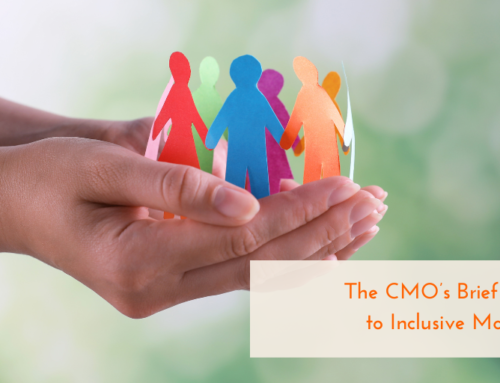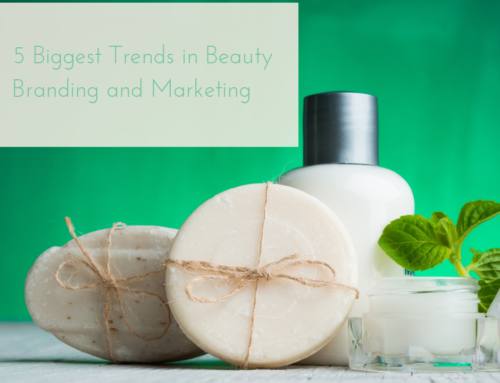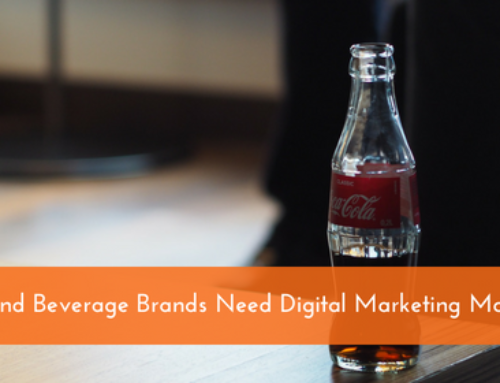
Apple creates quality products for creatives. When I say McDonalds, you think convenience. You almost certainly associate BMW with luxury, and Nike with a sense of triumph. The instant word association of these world-famous brands is the product of careful and effective branding practices by their marketing teams. It’s the same reason why Coca Cola has nearly complete worldwide recognition. As Forbes Contributor Lois Geller points out, “you know what you’re going to get with a well-branded product or service.”
Today’s consumers have more choices than ever, and a well-defined brand is an easy way to remove confusion from a crowded purchase process. By building a brand that’s synonymous with quality, customer service or any other factors that influence your end user’s purchase decisions, you’re able to convert first-time customers into lifelong advocates. Best of all, your company doesn’t need the marketing budget of a Fortune 500 to effectively define who you are, and what you mean to your customers.
What Branding is (and isn’t)

Advertising legend David Ogilvy was among the first to define the idea of branding, something he described as “the intangible sum of a product’s attributes.” When done right, building a brand is the process of creating specific associations in the mind’s of consumers that distinguish your company’s products or services from your competition. The basics of a business brand will probably include colors, a logo, values, and a clear idea of how you fit into your market niche, but it’s really much more than that. It’s the concept of transforming your business into a recognizable personality with energy and character. Effective branding for a company of any size is the process of translating an abstract concept – your brand personality – into a concrete idea in the minds of your consumers.
Branding isn’t usually achieved with a a single advertisement, logo file, or website redesign. Despite what some people might think, there’s nothing especially abstract about the process. As workplace branding expert Dave Galullo writes, it’s also not the process of “yelling louder” to get attention in a crowded marketplace. It’s the process of creating a well-defined roadmap to help your business connect on an emotional level with the right consumers – a concept that arguably matters more today than it ever has before.
Benefits of a Well-Defined Brand
One of the best-known examples of a branding success story is Apple. Ever since their epic 1984 Superbowl commercial, the technology company has positioned themselves as the only choice of tools for creatives. They’ve built a brand around products that challenge the status quo, and it’s worked immensely well. Their customers aren’t just one-time purchasers, they’re members of a tribe of self-described “fan boys” who literally camp out for product releases.
Regardless of whether your business is small, medium-sized, local or online-only, you’re not to small to reap the benefits of your own tribe. As Marketing Expert Mary Van de Wiel highlights, your business is on the global map if you’ve got any online presence at all. Consumers can find you day or night, and a well-defined brand ensures you’ll be both likeable and memorable when they come knocking.
Why Small Business Branding is Crucial
Branding isn’t as easy as it used to be. Today’s consumer is saturated with marketing messages, and some experts believe we encounter as many as 5,000 advertisements per day – nearly twice as many as in the 1970’s. In order for your organization to gain notice at all, your branding must be fine-tuned to appeal to your ideal customers. With the amount of information freely available on the internet often described as “content saturation,” a well-defined brand can allow you to stand out to consumers who are tired of chaos and mixed messaging from your competitors.
Additionally, effective branding is a critical measure to help convert one-time customers into lifelong, loyal fans. Research has found it costs 6-7 times more to acquire a new customer than to retain an existing one, and your current buyers are more likely to spend more and refer their friends. By creating a vibrant personality for your company, you can effectively build stronger relationships with your customers. Defining your small business brand isn’t just important – it’s necessary to survive and succeed in the digital age.
To learn more about how you can begin defining your small business brand, please contact us. We’re happy to help!





